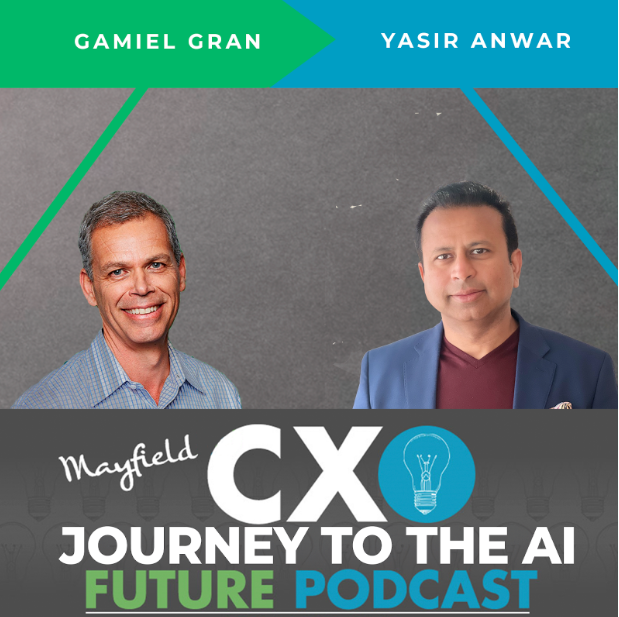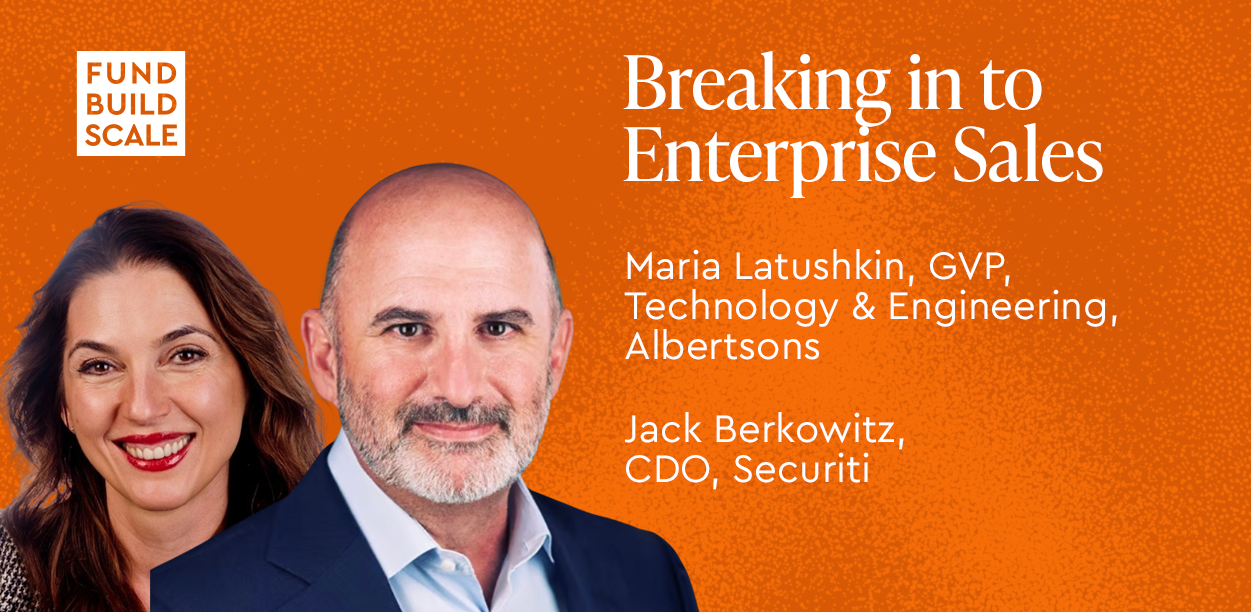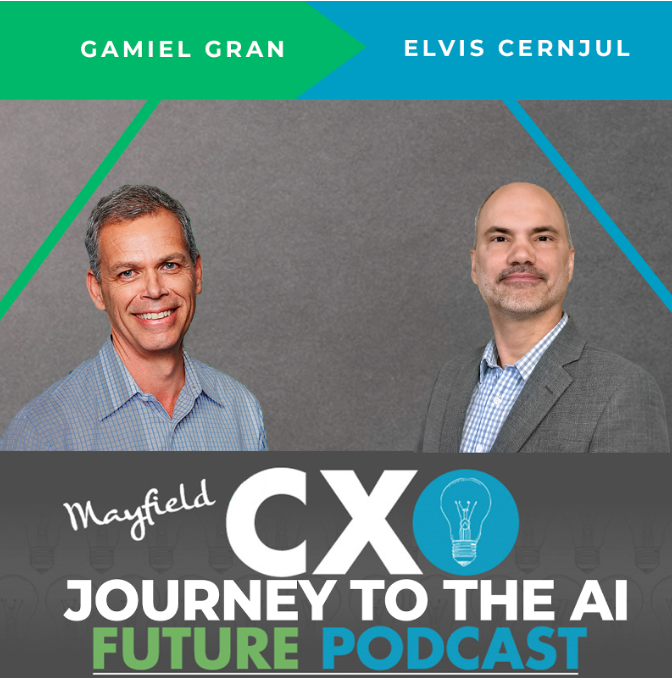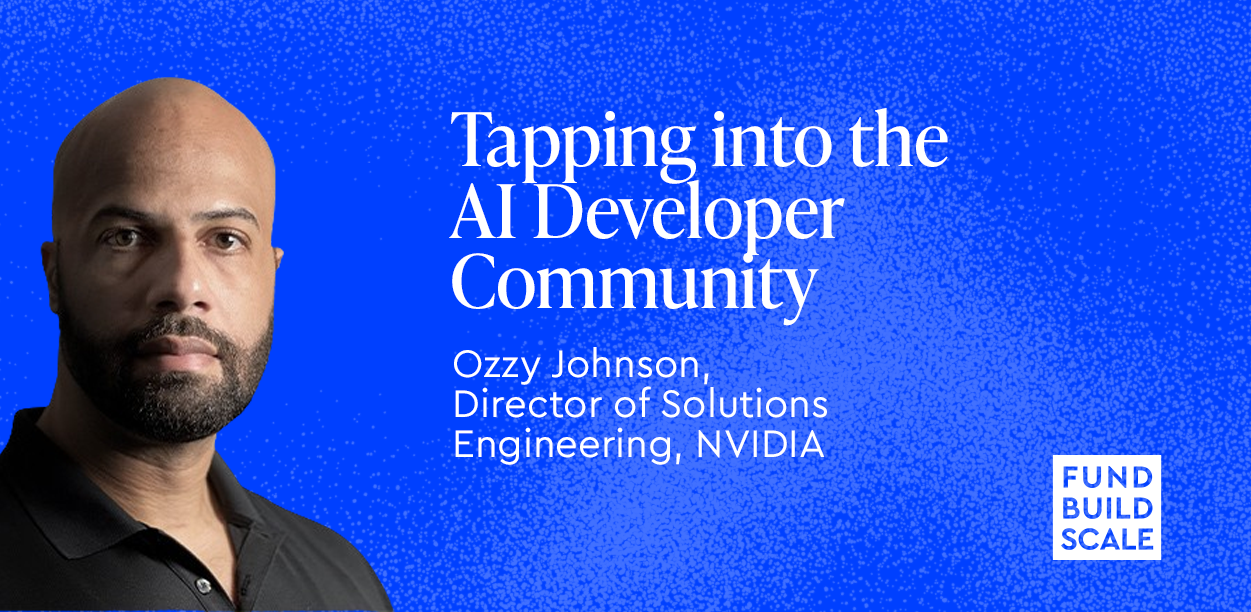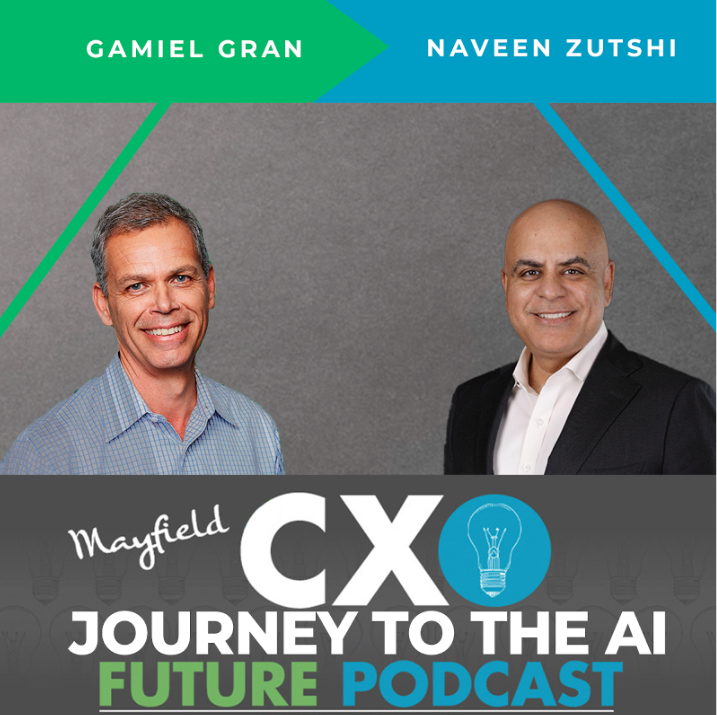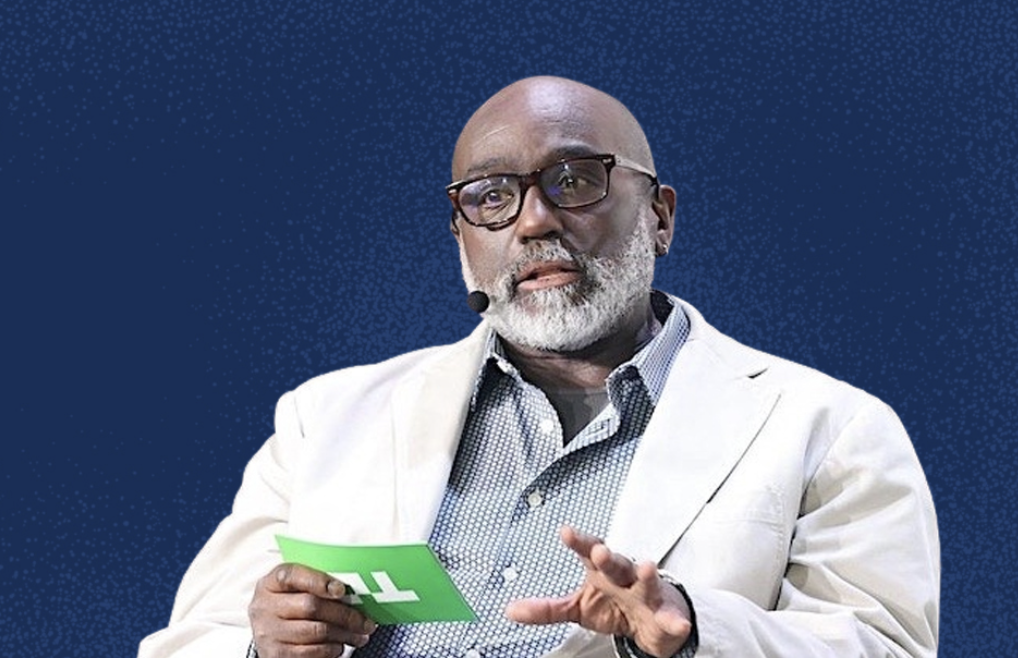Listen to the podcast here:
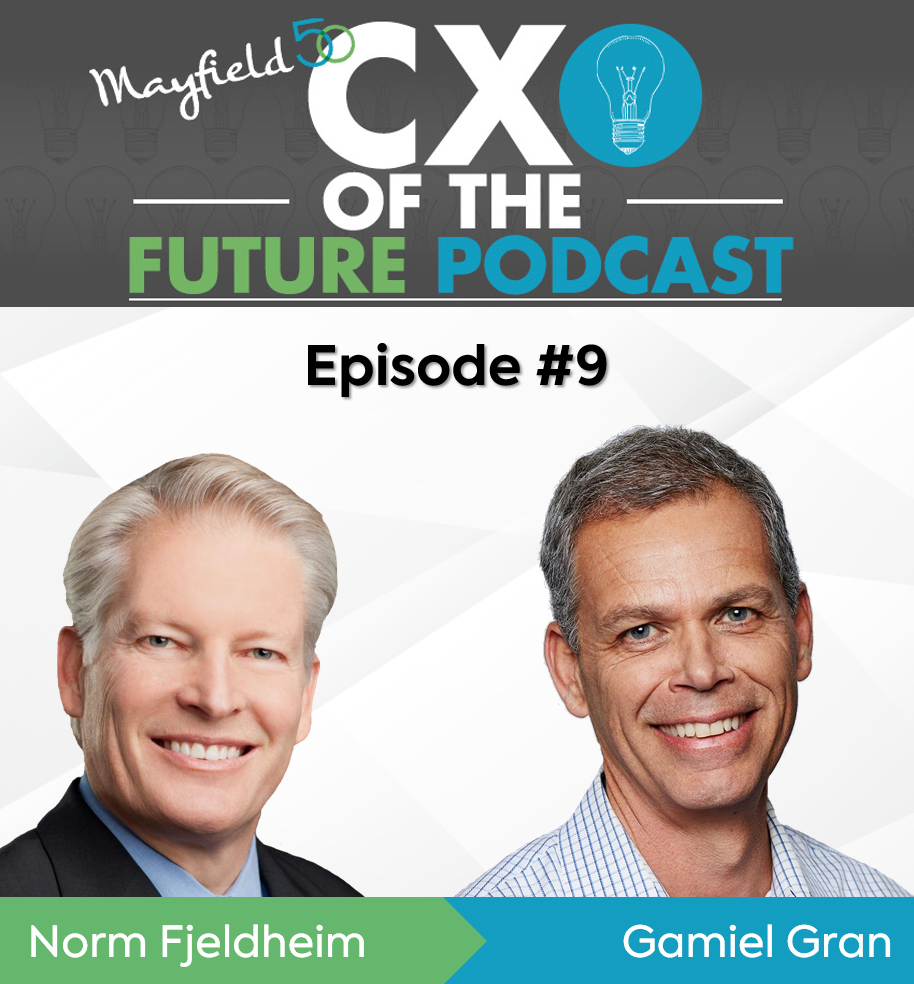
A huge part of the CIO’s role is to drive strategic innovation in their companies and make sure the whole team is imbued with that culture of innovation. This is especially true when you’re working for an organization that is disrupting its own industry with new ideas and new technologies. This is the kind of world that Norm Fjeldheim has been working in for more than 40 years. Norm is the recently retired Senior Vice President and Chief Information Officer for the San Diego based biotech firm, Illumina, where he has worked since 2016. Prior to that, he occupied the same role at Qualcomm, an engineering firm where he grew his career from entry-level to C-suite way back in the mid-1980s. Norm is also a thoughtful advisor to many early stage companies.
Prior to joining Illumina in 2016, Norm was Senior Vice President and CIO at Qualcomm, where he actually started in an entry level position which had responsibilities that included replacing printer paper! Over the years he later went on to serve as Manager, Director and Vice President of Information Technology and has been instrumental in the creation and implementation of systems to support Qualcomm’s growing and diverse corporate needs.
Norm also serves on CIO Advisory Boards for Salesforce.com, Hewlett Packard Enterprise and Amazon Web Services, and has presented at numerous industry conferences on the challenges currently facing CIOs including CTIA, Oracle World, The Economist CIO Agenda, and IDC’s Data Center and IT Forums.
Changing Jobs, Switching Industries.
One of Norm’s biggest decisions came when he decided to leave Qualcomm and switch to a new industry – a scary transition since he had been there for 28 years.
“I didn’t have a resume and I didn’t have a LinkedIn profile and interviewing was something I hadn’t been practicing – all big of which were big mistakes. I interviewed for companies in a variety of different industries and learned that I’d made a mistake by spending my career in one company and one city.”
Many of the places that Norm interviewed with questioned whether he could succeed anywhere other than Qualcomm. He had to refine his story to highlight how his experiences at Qualcomm could be applied to another industry. His broad experiences from every level of his time at Qualcomm prepared him for his work at Illumina.
“That’s what happens at a startup. You do a little bit of everything. As Qualcomm grew and succeeded (from 2 million when I joined, to 30 billion when I left), I succeeded as well. I got the opportunity to build teams and take on different roles within the organization — ultimately as CIO. It was that learning experience in supporting a company that was growing 25% annually which gave me a great foundation that I was able to take to Illumina.”
What was challenging about the transition, said Fjeldheim, was learning and understanding the biotech vocabulary.
“Those first few years were a learning experience. At the same time, I felt like I was adding value to the company and contributing, which has always been important to me. I would recommend that anybody that has the chance to switch industries and go do something different should do so. Staying in one industry may be comfortable, but you’re not going to get the same kind of learning and breadth of experience that you might by switching industries.”
Becoming a Successful Leader
Fjeldheim does not have a traditional leadership story. He became a manager and a leader by default early on in his career. Because there wasn’t anybody else to look up to, he learned a lot on his own. He had to go through a lot of trial and error which wasn’t very efficient. Ultimately, he started looking for peers that he could learn from and actively encourages others to do the same. One of his mentors was Pete Solvick from Cisco.
“I took pieces of some of the stuff that he was doing and brought it to Qualcomm and added my own twist. I try to do the same now for others on Advisory Boards. Being on an Advisory Board for a company that is innovating and is doing interesting stuff is a great opportunity to learn from others.”
In addition to being on the Advisory Boards for Oracle, AT&T, Amazon and Salesforce, Fjeldheim helps start-ups engage with venture capital firms like Mayfield.

Innovation
“I see innovation as a key measure of success – It starts with people, and the culture of the team, and whether they are willing to look at new ideas and new ways of doing things. I’ve run into folks in my career that were both really risk averse and that were very comfortable working with just one vendor or partner. They were completely closed off to innovation.”
Not every leader is comfortable with the level of change and the level of risk-taking Norm is, so he made changes on his team.
“I got deep into the architecture and vendor selection and took my leadership team to look at a portfolio of companies. Being exposed to those new ideas was terrific and encouraged the team to take risks.”
“I’m personally very comfortable with change,” says Fjeldheim, “how do you make something better unless you change it? I felt my job was to anticipate what the business was going to need a year from now, 18 months from now, two years from now, and start building those foundations.”

Advice for Startups
“Proof of Concept is a great model, and I encourage all startups to be comfortable with them. I wouldn’t say that’s a good way to approach every customer, but there are certain customers that want innovative concepts to try out and see how they fit in their environment”
Norm wanted to build a culture of fast fail. They would bring ideas in, try them out and see how they fared. If the adoption rate was positive, they’d put more into the technology, encourage growth and provide more funding around it. If an innovative idea grew to a certain point then stopped, they’d move on.
“We always felt that part of our role is to give feedback to the companies. Startups should be looking for customers that are going to provide feedback, and not just for specific features that benefit one company. I never wanted to have a company do something so unique for us, because then it would ultimately be too expensive for them to maintain. We want these companies to be successful so that we can count on them long-term.”
Norm didn’t want his fail fast thesis to be perceived as a negative.
“I never wanted anybody to be have a perception failing is harmful to their career.”
Instead, he wanted to ensure that startups continue looking for the next thing and learn from their mistakes – and not repeat them.
Selecting the CIO of the Future

The companies that Fjeldheim worked at were about change. They were disrupting the industry.
“For companies like that, you want someone who enjoys a high-change fast-paced model and a leader that can build an organization that is able to support that model. Not every CIO can do that. CIOs develop different skill sets that work for different types of companies. Some companies, for example, might look for a cost cutter who works on operational efficiency. That’s not the kind of work that I enjoy, so I would not be a good fit for that kind of organization.
Key Takeaways
- People need to figure out what motivates and drives them to want to put in the effort. These are high pressure jobs; they require a lot of time and energy.
- Staying in one industry might be comfortable but you’re not going to get the same kind of learning and breadth of experience as you might if you switch industries.
- Find mentors and peers from outside of your organization that you can learn from. Return the favor by advising others.
- Innovation is a key measure of success. It starts with people and the culture of the team. Are they willing to look at new ideas and new ways of doing things?
- Startups should be looking for customers that are going to provide feedback, and not just for specific features that benefit one company.


